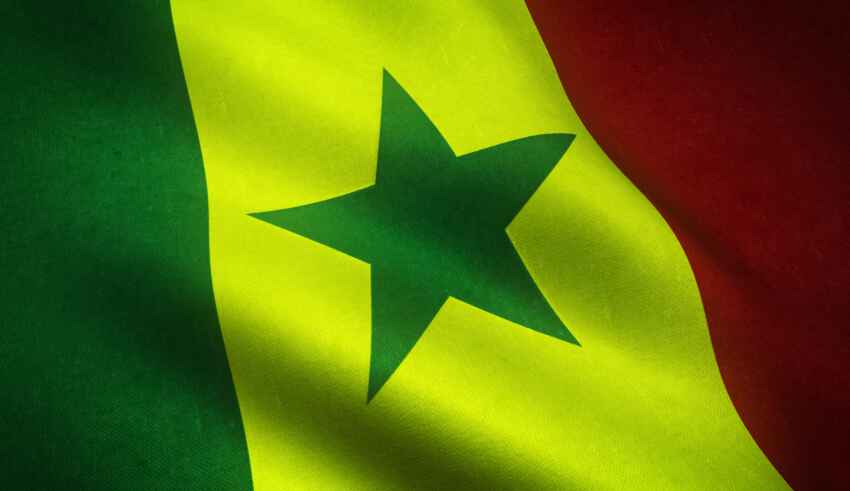
Just weeks before a scheduled presidential election in Senegal, President Macky Sall abruptly cancelled it on February 3rd, triggering a constitutional crisis and dealing a blow to democracy across West Africa. The has unsurprisingly been met with widespread opposition and by many described as a de facto “constitutional coup”. Senegal, historically viewed as a pillar of stability and democracy in West Africa, now seems to be following the pattern witnessed in its neighbouring countries, mainly ex French colonies.
The decision to delay the election followed weeks of political turmoil and a National Assembly brawl over alleged corruption in the Constitutional Council, responsible for determining candidate eligibility. Last month, the council disqualified several opposition figures, including Ousmane Sonko, the leading opposition candidate, citing a defamation conviction. The council’s decisions have fuelled accusations of political motivation. This served as a pretext for President Sall to justify the delay in the elections by citing the need to resolve a dispute between the Constitutional Council and some National Assembly members.
Despite President Sall’s assurances that he will not seek a third term, doubts persist about his intentions, especially considering his administration’s history of politicizing the justice system and ignoring laws to exclude opposition figures. This led to widespread discontent, not only in relation to this specific administration but to democracy itself, which is increasingly perceived as a “system to cheat”. In fact, as many countries now led by juntas, Senegal has experienced a wave of discontent characterised by demonstrations against a government that is considered repressive and under French influence. The latter is arguably a crucial factor in understanding the pattern we are witnessing in ex French colonies.
Since gaining independence from colonial rule, Africa has grappled with the persistent challenge of establishing stable political systems, resulting in a stage for numerous military interventions. A total of 216 attempted coups have occurred post-independence, with half of them resulting in military juntas taking control.
A deeper analysis of coup data reveals two distinct eras: the 20th century and the 21st century. In the last two decades, Africa has experienced 45 coup attempts, with 23 succeeding, predominantly in former French colonies. This dominance is partly attributed to France’s extensive interference in its ex-colonies’ affairs, exemplified by the control exerted through the Communauté Financière Africaine (CFA), impacting economic and political landscapes.
In an attempt to secure access to crucial natural resources vital to its economy, France has been supporting unpopular elites and dictatorial regimes, thus sacrificing democratic values it supposedly upholds at home and abroad. This is so much so that President Emmanuel Macron openly acknowledged France’s interference as a post-colonial strategy in 2023. Despite occasional announcements to shift foreign policy, France has increased support to authoritarian regimes to protect vested interests.
However, French interference has increased discontent and fuelled recent successful military coups in the region. In fact, military coups in Francophone Africa have often aimed at curtailing France’s influence, capitalizing on widespread popular support. Obviously, French interference is not the only factor causing coups.
The failure of democratically elected governments to tangibly improve their countries has contributed to the widespread discontent visible in other regions as well. In fact, the Francophile nations that have experienced successful military coups are also among those that have the lowest human development rates.
Another important factor to highlight is the shifting dynamics in the region. In recent years China has risen as a global power especially in Africa where it offers economic support to many countries, alongside Russia that presents itself as a valid security assurance alternative to French military influence. Thanks to the presence of other players in the region, military leaders can pursue their agendas with increased autonomy, especially without France’s involvement.
Given the growing discontent with democracy, the current government and the widespread feeling that France is involved in the “constitutional coup” staged in Senegal, it cannot be excluded that the country, once a beacon of democracy in the region, may follow suit and find itself ruled by military juntas supported by other international players.
By The European Institute for International Law and International Relations















